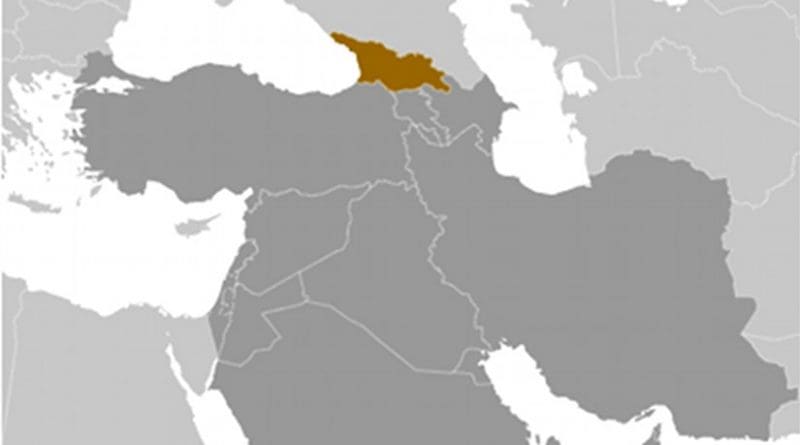Georgia Ships High Enriched Uranium To Russia
The International Atomic Energy Agency (IAEA) has announced “another achievement in global nuclear non-proliferation efforts”, with the shipment of high enriched uranium (HEU) from Georgia this week. The 1.83 kg of HEU was removed from the Breeder-1 Neutron Source at Tbilisi State University in Georgia to a secure storage facility in Russia.
The Georgian government in June requested assistance from the IAEA for the HEU removal operation. The IAEA subsequently contracted LUCH, a subsidiary of Russian state nuclear corporation Rosatom, and the Tbilisi State University’s Andronikashvili Institute of Physics in Georgia for the removal.
Maia Bitadze, Georgia’s deputy minister of environment and natural resources protection, said in the IAEA statement that successful accomplishment of this shipment operation was due to “the effective cooperation of all parties”.
The Breeder-1 Neutron Source facility was used to carry out activities involving neutron activation methods for, among others, substance element composition analysis, geological surveys for exploring minerals, agricultural studies, and criminal investigations. It also generated short-lived isotopes used for research and educational purposes.
The IAEA said that HEU can be a nuclear proliferation and security concern because it can eventually be used for producing material used for nuclear weapons. “The IAEA is supporting its member states in their efforts to replace HEU with low enriched uranium in research reactors and neutron source facilities worldwide. The IAEA also provides technical knowledge, research support, and equipment,” the Vienna-based agency said.
“Removing HEU from the Breeder-1 is one of the recent contributions to international efforts to minimize the civilian use of HEU,” said Christophe Xerri, Director of the Nuclear Fuel Cycle and Waste Technology Division at the IAEA. “It is also an example of how the IAEA can help Member States in achieving their non-proliferation and nuclear security objectives.”

